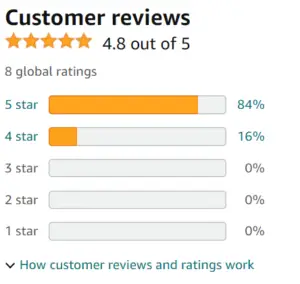Resist the Urge to Explain or RUE. It’s a rule every aspiring writer (and a few well-established authors) should learn. To illustrate what this rule means and why it works, I’ll use a scene from The Thousand Names, the first book in The Shadow Campaigns series by Django Wexler. I reread it recently and was happy to find I enjoyed it even it more as an author. The scene we’re interested in occurs early in the book.
Bear with me while I set the scene. Everything I say here is revealed early in the book, so there are no spoilers. The story is about a woman named Winter, who flees difficult circumstances by pretending to be a man and enlisting in an army unit that is deployed to a small, remote colony of an imperial power. She keeps to herself because she’s terrified of being discovered, and she’s tormented by some of her fellow soldiers who regard her as different. All she wants is to endure the abuse and avoid attracting attention.
Unfortunately, when a local rebellion turns against the imperial forces, the empire takes an interest in the colony and sends reinforcements in the form of green recruits. Needing experienced sergeants to take the newcomers in hand, the army promotes Winter over her protests. It’s her worse fear. She risks discovery because she can no longer keep entirely to herself. To minimize the risk, she takes to hiding in her tent as much as she can.
But a young corporal in her unit won’t leave her alone. He continually pesters her to join the men at their evening meal. Finally, duty and loneliness force Winter to relent. What she finds is a group of young men, anxious about what is to come, looking to her for reassurance. They respect her for her experience and take to her steady presence. It’s a nice moment, but it’s not the scene we’re interested in.
Afterward, Winter and the corporal are walking together. There’s a moment when they stop and look at one another and the reader knows Winter wants to express her gratitude. It’s a moment when the author, wanting to ensure the reader gets it, could write some emotional, maybe halting or overly dramatic, dialog. He could have Winter tearing up or even shedding a tear. But he didn’t. There are very few words spoken.
The scene’s emotional heft is because Wexler mines the reader’s own emotions rather than trying to explain to the reader how the characters feel. Winter’s sense of isolation earlier in the book is so palpable, the author didn’t have to belabor the point. Everyone has felt alone and isolated in their life and everyone has felt grateful for the kindness of another person. All the author needed to do is remind the reader of something they’ve experienced themselves.
But it’s a lot more difficult than it sounds. As an author, you’re tempted to make sure the reader gets it. You’ve led them to the crucial moment, carefully set the scene, and you don’t want them to miss the point. But if the reader can figure it out on their own, they’re drawn deeper into the story on an emotional level. A simple gesture, a facial expression, a single word, may be all that’s required. If you’ve created a situation the reader recognizes, you don’t need to explain it to them.
Although the RUE principle can be applied in other ways, in my mind, this is the most important and most difficult to master. The reader wants to participate in telling the story, and by allowing them to interpret what the characters are feeling or thinking, you allow them to.



